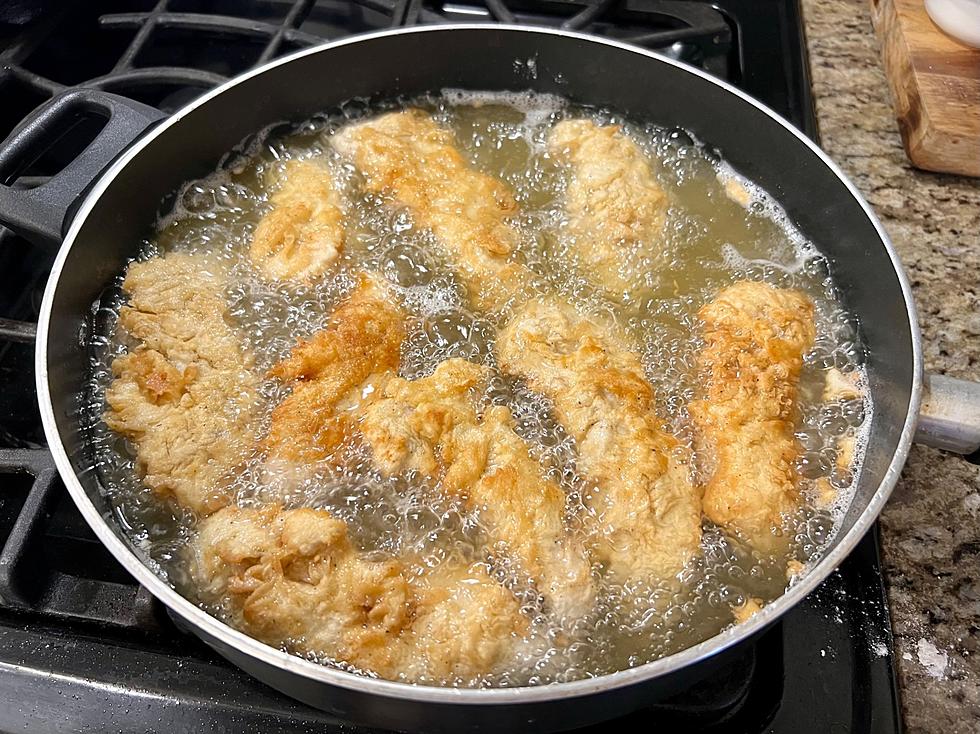
An Out-Of-Towner’s Guide on How to Speak Cajun English and Understand it
Are you from somewhere outside of the Acadiana area? Do you have family and friends who moved here having trouble adjusting to the Cajun English that we speak?
We got you...
How To Speak Cajun French Or Cajun English
You don't have to have grown up very far from Acadiana to be confused by some of the words, sayings, or expressions that we use in conversation
Back in 2012, a genius put together a pretty extensive piece on how to speak Cajun English, or, as the title says, at least understand it.
Pronunciation
If you aren’t from this area, then I’m sure you’ve mispronounced quite a few road names and words that we use.
Cajuns often 'speak with their hands' and cut out pieces of words.
One of the most classic tell-tale signs of a Cajun accent is replacing the 'th' combination in English words with D’s or T’s. ('Wha dat ting ya got?' rather than 'What’s that thing you have?')
Cajuns pronounce these names:
Matthew- Ma-chew
Lydia- Lid-ya
Raphael- Ray-feel
Alida- Ah-lee-da
Richard- Re-shard
Granger- Gron-jay
Hollier- Ole-yay
Hebert- A-bear
The emphasis should be put on the last syllable, instead of the first like in English.
Idioms
The idioms that Cajuns use can be quite confusing to outsiders as well.
“Hey, you wanna get down with me?” – Do you want to get out of the car and go inside with me.
“Can you save the dishes?” – Can you put away the dishes?
“That gives me the frissons.” – That gives me the chills.
"Pass a good time" - means to have fun.
"Gardes don" - (pronounced gah-dAY-daw(n) means "look at that".
"My foot" (or "hand" or "head" etc.) is kind of the Cajun version of "Whatever!"
"Mais, J’mais!" is the Cajun equivalent of "But I never!"
Syntax
When a Cajun is trying to emphasize an affirmative or negative sentence, they will often revert to French syntax. “No, I didn’t do that!” becomes “I didn’t do that, No!” One of the sweetest ways a Cajun man can express his affections is to say, “I love you, yeah.”
We will also add directional pronouns to add emphasis like “Me, I don’t have any, no.”
Rather than saying “a lot” or “very” Cajuns will often double an adjective. “Don’t drink that yet; it’s hot hot!” or “Have you seen Greg’s new truck? It’s big big!”
Frequently Used Cajun French Words
Fache- pronounced "Fa-shay" It means "angry" and is thrown into English sentences. "She’s really fache now."
Mais la! "May La" it’s an expression of exasperation.
"Mais" means "but" and is often used in place of it in English sentences. "I don’t know, mais I’ve got a good feeling about this."
Ta Tie - I don’t know how to spell this one in French, so I spelled it phonetically. It means a monster, or scary creature. It’s also a pet name for little boys, as in, "Come here, you lil ta tie."
Mange - pronounced "maw-sg-A" means "to eat" and is often used in place of "eat."
Tres - pronounced "Th-ray" means 'very' and 'Beaucoup' (boo-coo) means "a lot" both of these are scattered into English sentences.
LOOK: 20 of the biggest insects in the world
Gallery Credit: Andrea Vale
More From 97.3 The Dawg







